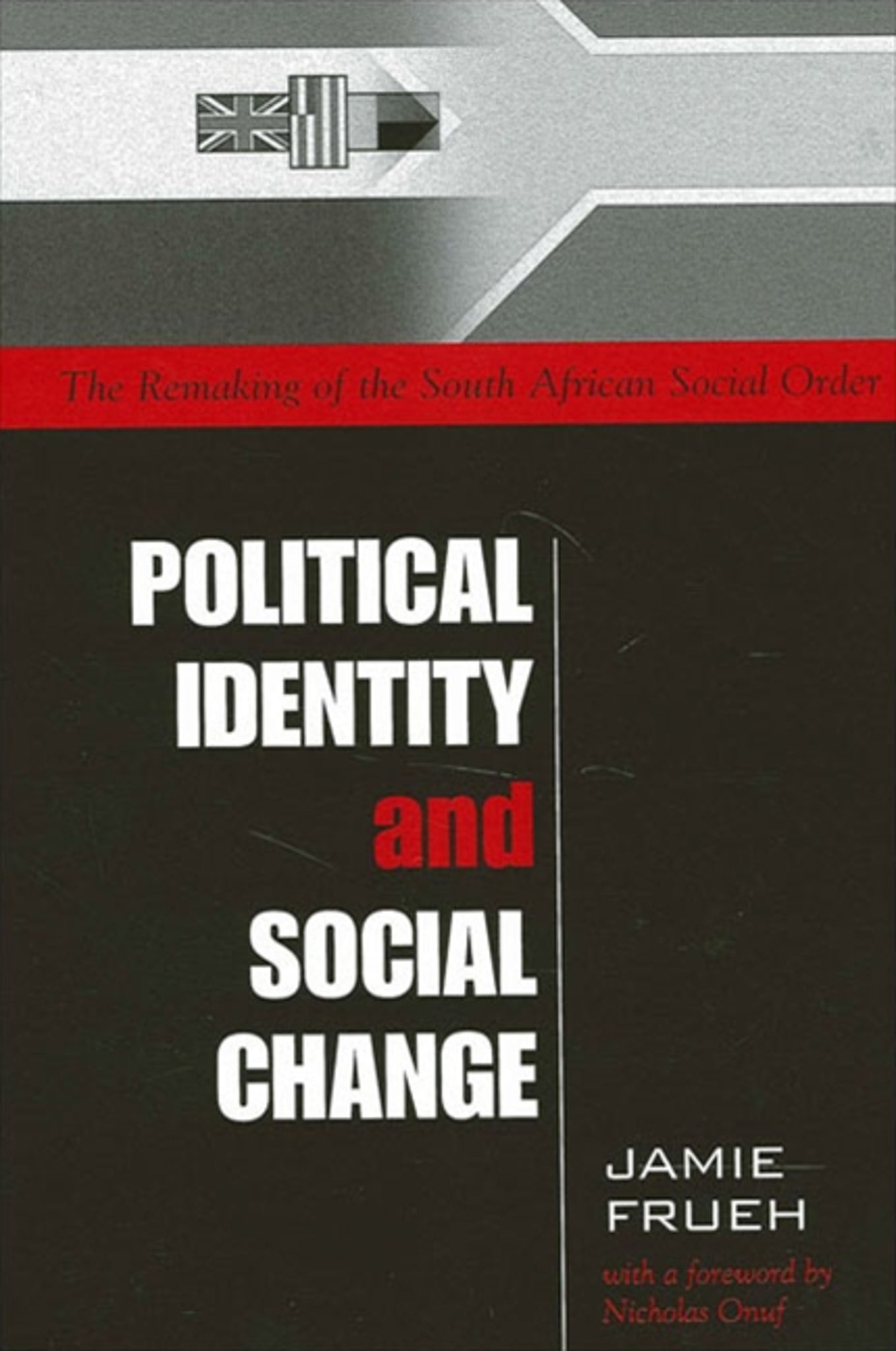We're sorry. An error has occurred
Please cancel or retry.
Political Identity and Social Change

Some error occured while loading the Quick View. Please close the Quick View and try reloading the page.
Couldn't load pickup availability
- Format:
-
07 November 2002

Explores issues of political identity and the social changes that ended apartheid in South Africa.
Political Identity and Social Change builds upon the constructivist theory of political identity to explore the social changes that accompanied the end of apartheid in South Africa. To gain a better understanding of how structures of identity changed along with the rest of South Africa's institutions, Frueh analyzes three social and political conflicts: the Soweto uprisings of 1976, the reformist constitutional debates of 1983–1984, and post-apartheid crime. Analyzing these conflicts demonstrates how identity labels function as structures of social discourse, how social activity is organized through these structures, and how both the labels and their power have changed during the course of South Africa's transition. In this way, the book contributes not only to the study of South African society, but also provides lessons about the relationship between identity and social change.


"The strength of the book lies in its analysis and application of constructivist theory. In addition, the author has done valuable primary research through interviews that begin to comprehend the shared perspectives on crime in postapartheid South Africa." — African Studies Review
"Political Identity and Social Change analyzes one of the most politically explosive issues of the twentieth century—South African apartheid—in new and interesting ways. It also makes innovative use of constructivism as a way of studying change and establishes important linkages between theoretical developments in comparative politics and international relations." — Randolph B. Persaud, author of Counter-Hegemony and Foreign Policy: The Dialectics of Marginalized and Global Forces in Jamaica
Acknowledgments
Foreword by Nicholas Onuf
1. INTRODUCTION
2. A THEORY OF POLITICAL IDENTITY
Constructivism
Identity
Identity Labels as Units of a Constructivist Method
Conclusion
3. SOUTH AFRICA AND IDENTITY
Apartheid and Its Historical Context
Analysis of South African Politics
The Practicalities of Studying South African Identity
4. SOWETO 1976
Soweto, June 16, 1976—A Story
Competing Discourses on Soweto
The Political Identity of Soweto
Conclusion: The Beginning of the End
5. CONSTITUTIONAL REFORM, 1983–1984
Reform, Resistance, Repression
Competing Discourses on the Constitution
Constitutional Reform and Political Identity
Conclusion
6. POST-APARTHEID CRIME
Crime in South Africa
The Discourse on Crime
Crime and Political Identity
Conclusion
7. IDENTITY AND THE TRANSITION: Conclusions for the Political Theory of Social Change
The Argument for Constructivist Political Identity
The Argument about South Africa
Conclusions and Generalizations
Notes
Bibliography
Index



